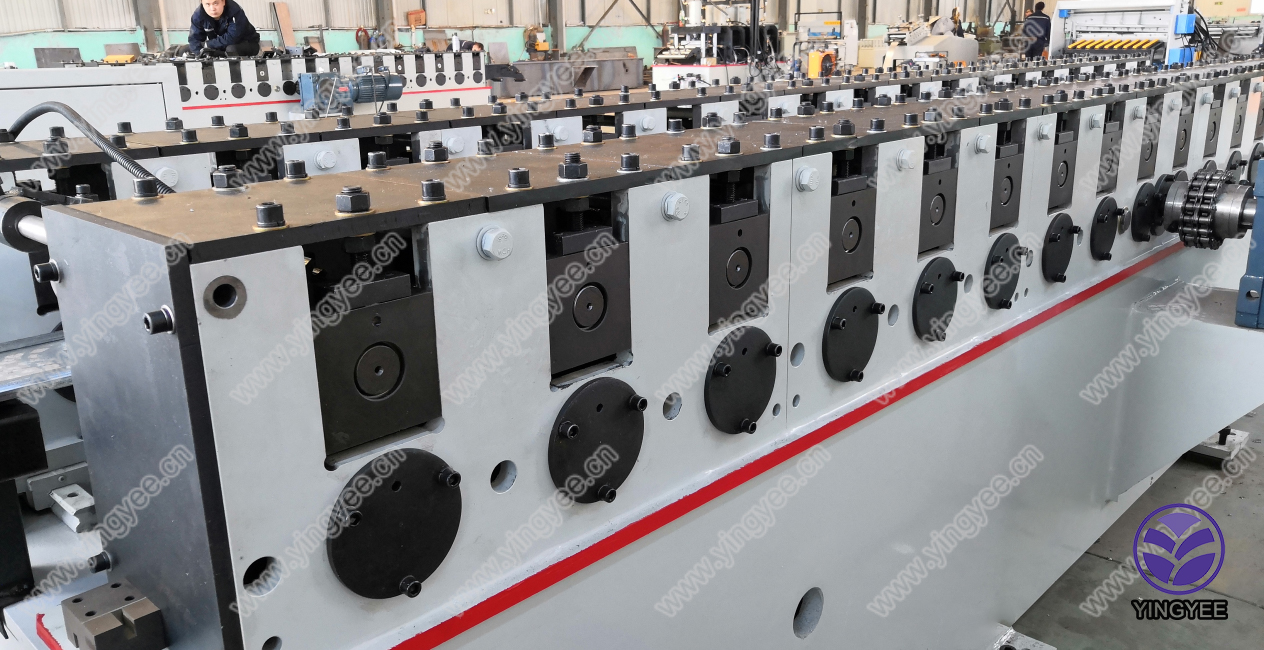
The Importance of Suitable Three-Axis Thread Rolling Machines for Hollow Steel Pipes
In the manufacturing and fabrication industries, the production of hollow steel pipes has gained prominence due to their versatility in applications, ranging from construction to automotive uses. One of the key operations involved in the processing of these pipes is threading, which allows for easier assembly and connection of various components. As the demand for high-quality hollow steel pipes rises, the importance of suitable three-axis thread rolling machines has become increasingly evident.
Understanding Thread Rolling
Thread rolling is a cold-forming process that creates threads on a workpiece through the use of dies. This process is known for its ability to produce threads that are stronger and more precise than those created through traditional cutting methods. The rolling process compresses the material rather than removing it, resulting in a high finish and superior mechanical properties due to the work hardening of the material.
The Role of Three-Axis Machines
Three-axis thread rolling machines are designed to perform threading operations on hollow steel pipes with exceptional accuracy and efficiency. These machines operate using three distinct axes of motion, allowing them to create complex threading patterns and designs that meet specific industry standards. The ability to adjust the angles and positions of the dies in a three-dimensional space significantly enhances the versatility of the machine.
Advantages of Using Suitable Machines
1. Precision and Consistency One of the most significant advantages of utilizing three-axis thread rolling machines is their ability to produce consistent and precise threads. This precision is crucial, especially in applications where components must fit together seamlessly, such as in piping systems for fluid transport.
2. Increased Production Speed Three-axis machines are designed for high throughput, enabling manufacturers to produce large quantities of threaded hollow pipes in a shorter period. This efficiency not only reduces labor costs but also enhances the overall productivity of the manufacturing process.

3. Cost-Effectiveness Although the initial investment in suitable thread rolling machines can be substantial, the long-term benefits, such as reduced material waste and lower production costs, often outweigh these expenses. The efficiency of the rolling process means that less material is discarded, leading to improved profitability.
4. Versatility These machines can handle a variety of pipe sizes and thread designs, making them suitable for diverse applications. This adaptability means manufacturers can respond quickly to changing market demands without needing to invest in multiple machines.
5. Enhanced Material Properties Thread rolling improves the mechanical properties of the steel, such as fatigue resistance and tensile strength, due to the work hardening effect. The threads produced are often more durable than those made through cutting, which is vital in applications subjected to high stress.
Considerations for Choosing the Right Machine
When selecting a three-axis thread rolling machine for hollow steel pipes, several factors should be considered
- Pipe Specifications The machine should be able to accommodate the diameter and wall thickness of the pipes being processed. - Desired Thread Type Different applications may require specific thread profiles, so the machine's capability to produce these profiles is essential. - Production Volume Understanding the anticipated production volume can help in selecting a machine that meets efficiency needs without sacrificing quality. - Ease of Use and Maintenance A user-friendly machine with easy maintenance requirements can lead to reduced downtime and a more effective production line.
Conclusion
In conclusion, suitable three-axis thread rolling machines play a critical role in the production of hollow steel pipes. Their ability to produce high-quality, precise threads efficiently makes them indispensable in modern manufacturing. As industries continue to evolve, investing in the right equipment will remain essential for ensuring the reliability and performance of hollow steel pipes across various applications. Selecting a suitable machine that aligns with specific production needs will ultimately contribute to the success of any manufacturing operation in this field.